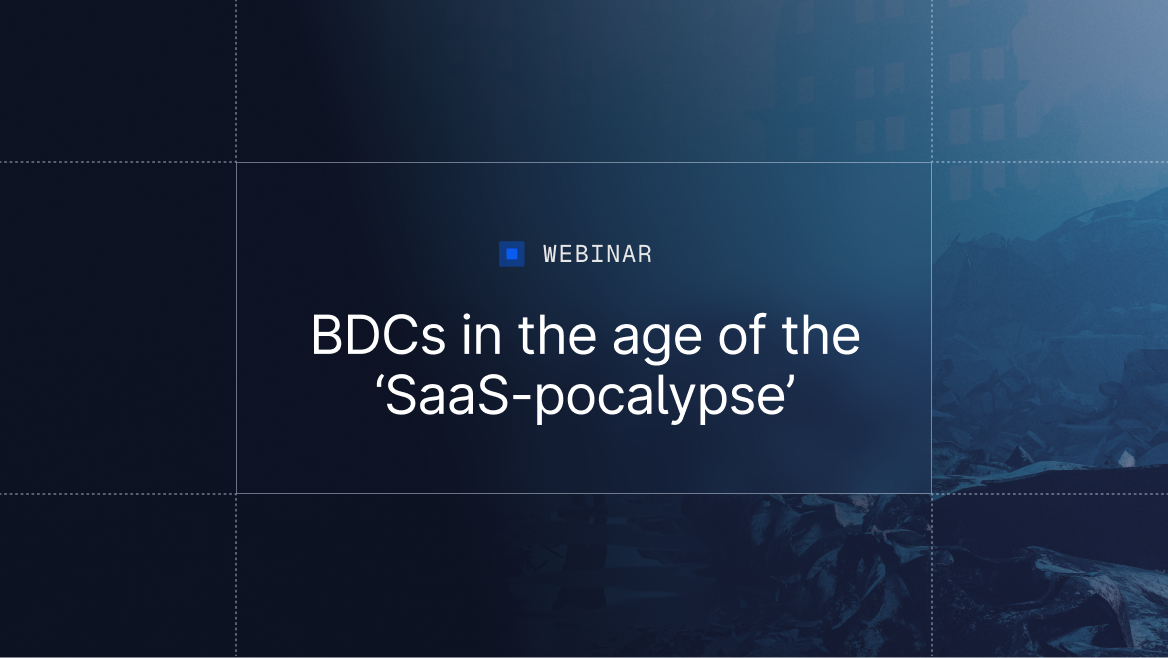News & InsightsLevFinDistressedPrivate CreditABFCLO
News & Analysis
Reproductive services are fertile ground for private credit opportunities (9fin)
Mary Ellen Cagnassola9 Jun 2025 | US

Related Posts
Discover more insights.
Use the previous and next buttons or keyboard arrows to navigate between slides.





